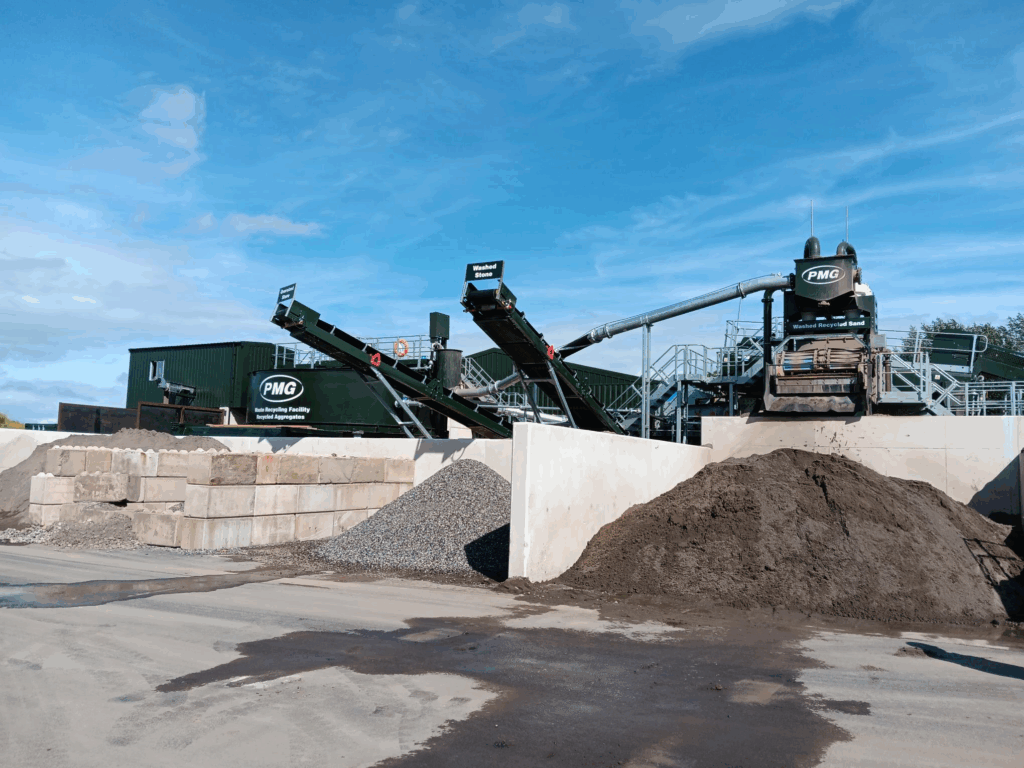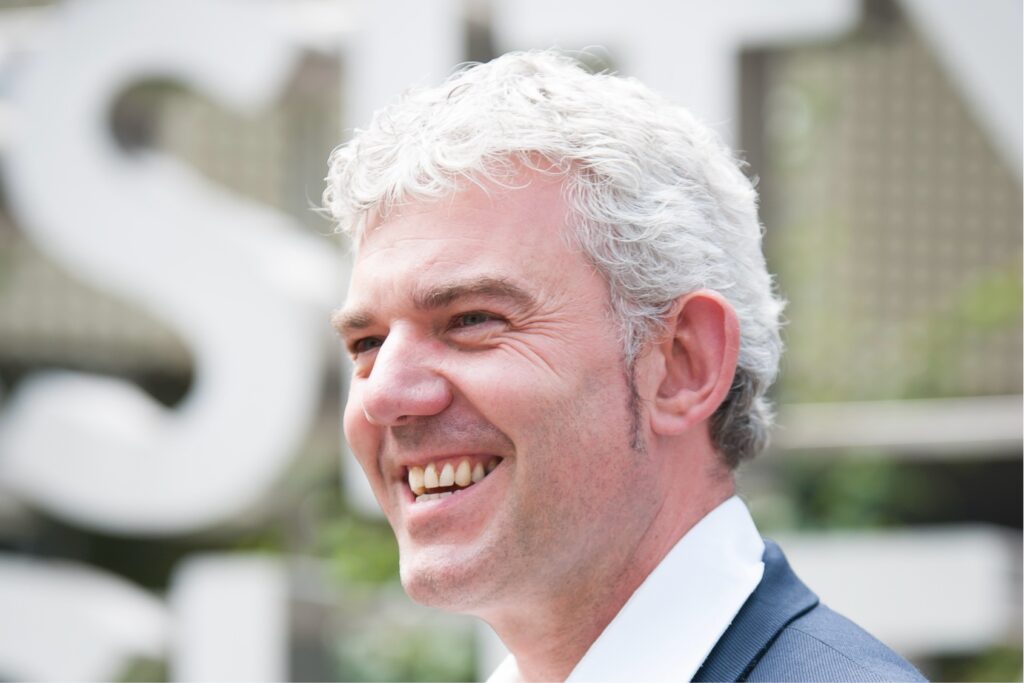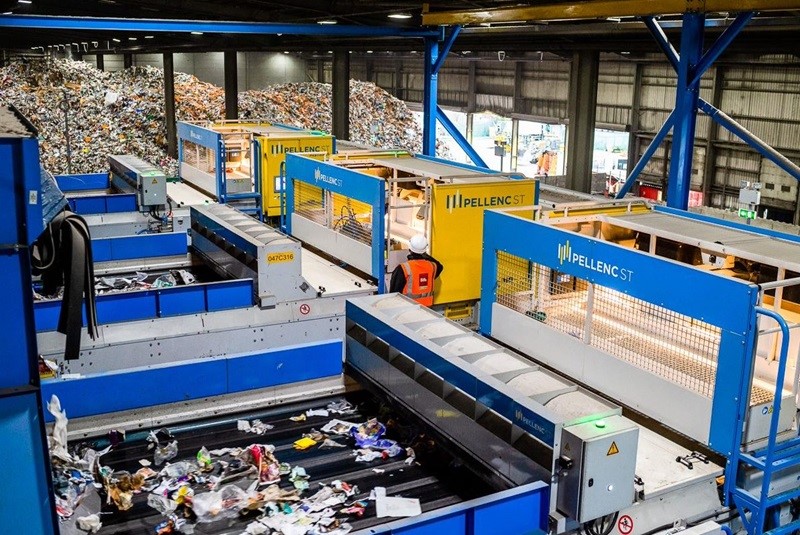However, at the same meeting yesterday (July 8), the council's planning committee approved proposals by autoclave specialists Sterecycle to build a 200,000 tonne-a-year capacity to the east of the capital.
But, in its decision yesterday, Cardiff council cited concerns over the amount of waste that would have to be imported from outside the city's boundaries to make the facility viable, as well as the amount of fly ash from the EfW process that would have to be sent to England for treatment.
It said: “In order to operate at its design capacity, without compromising the recycling targets of the Welsh Assembly Government, the proposal would need to import substantial quantities of residual waste material from outside the administrative boundary of Cardiff Council and to export a substantial quantity of hazardous fly ash waste for disposal at an unspecified authorised disposal site in England.
“This would result in the unsustainable transportation of waste,” it concluded.
Viridor's proposals to build an EfW facility at Trident Park have provided controversial in the past, with campaign groups raising fears over the potential to import waste from elsewhere in Wales, and possibly further afield, to fill the site's capacity (see letsrecycle.com story).
In response to the committee's decision, a Viridor spokesman said: “We are naturally very disappointed and frustrated with the decision of Cardiff council's planning committee to deny planning permission for our Energy from Waste Combined Heat and Power facility.
“The council's own officers made it clear throughout the presentations and discussion on our plans that there is no valid reason to refuse this proposal. The proposed facility is totally consistent with both national and local waste planning policies and could meet an urgent need for an essential service.
“This decision also regrettably represents a missed opportunity for significant investment and jobs in the city. We will begin discussions with our legal team in the next few days to plan an appeal process,” he added.
Commenting specifically on the reasons given by the committee for refusing the application, he claimed: “To refuse our scheme on ‘transportation and sustainability' simply does not make sense. Cardiff council has adopted Prosiect Gwyrdd (Project Green) as policy – i.e. to work together with four adjacent councils to find a suitable waste solution, which by definition will involve the transfer of waste between councils.
“It is therefore absurd for members of a planning committee to use an issue for refusal that is totally contrary to their own council policy, particularly as the vast majority of residual waste is produced by businesses and households within Cardiff,” he added.
Sterecycle
London-based autoclave specialists Sterecycle meanwhile said that it was “thrilled” by the same planning committee's decision to approve its proposals to build a facility at Wentloog, to the east of Cardiff.
The company said that the £50 million, 200,000 tonne-a-year facility will treat residual waste from households and businesses, using the autoclave process of steaming waste to make it possible to separate the waste into a range of reusable materials including metals, plastics, glass and an organic compost-like material.
Sterecycle claims the process is able to recover 70% of the residual waste from landfill.
“This is good news for the local councils since our plant will provide an innovative solution to reducing dependence on landfill. Our technology offers a clean alternative to the landfilling or incineration of waste. We will also be creating a significant number of long-term 'green' jobs for local people,” he added.
Speaking to letsrecycle.com about potential sources of waste for the facility, Mr Grierson said: “We are hopeful of securing waste from councils in south Wales. We will start to build the plant towards the end of this year so that it will be operational spring 2011 – we would expect to have secured contracts for the plant by the time it opens.”
Infrastructure
In recent months, Wales has seen a number of proposals for waste treatment infrastructure, and in particular US EfW specialists Covanta Energy plans to build a 750,000 tonne-a-year capacity merchant facility at a site near Merthyr Tydfil (see letsrecycle.com story).
However, Mr Grierson claimed that it was “highly unlikely” that Wales would face an over-capacity in treatment infrastructure, explaining that “waste treatment plants are highly capital intensive, requiring significant investment. As well as planning, we have funding lined up for Cardiff, so there is likely to be a strong element of first mover advantage.”
Sterecycle claims that the Cardiff plant will represent the first of five facilities it hopes to build as part of a £200 million expansion plan over the next four years.
It's facility in Rotherham, Yorkshire, became one of the world's first commercial-scale autoclave plants to be used to treat residual waste when it opened in June 2008 (see letsrecycle.com story), and, in January 2009, the company, revealed it had received planning approval to double the facility's capacity to 200,000 tonnes-a-year (see letsrecycle.com story).









Subscribe for free